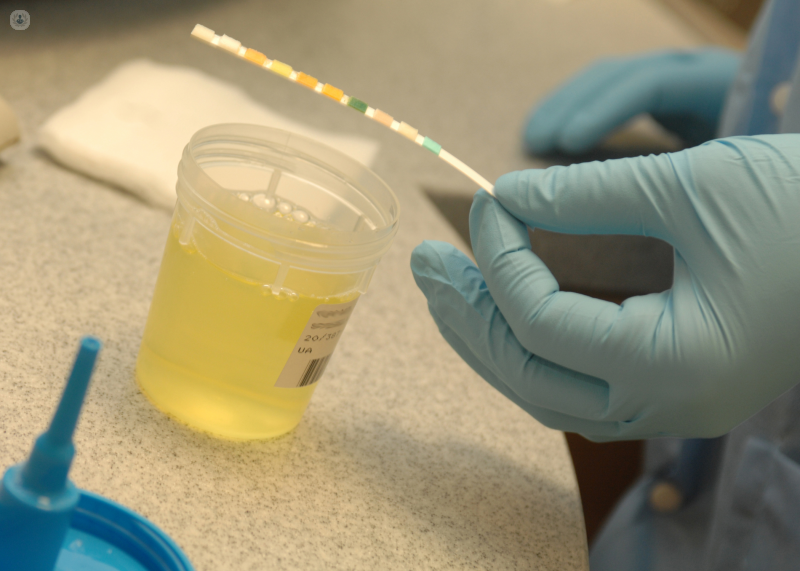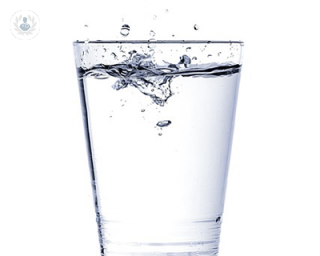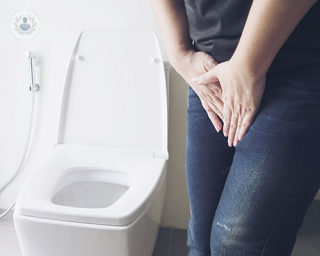Urinary tract infection
Miss Marie-Klaire Farrugia - Paediatric urology
Created on: 01-09-2013
Updated on: 09-07-2023
Edited by: Kate Forristal
What is a urinary tract infection?
Urinary tract infection (UTI) refers to inflammation in the urinary tract caused by bacteria, the most common type of infection in the urinary tract. An infection occurs when bacteria reaches the bladder (cystitis) or kidneys, multiplying in the urine. If left untreated, the infection may cause permanent damage to the bladder or kidneys.
You should see a urologist if you have signs/symptoms of a urinary tract infection.
Symptoms of urinary tract infections:
There are various symptoms of urinary tract infections, including:
- The feeling of needing to urinate more frequently than usual, but not passing much urine.
- Pain or burning sensation whilst urinating.
- Incontinence, bloody or foul-smelling urine.
- Mild fever, sweating or chills.
- Pain in the sides, abdomen or pelvic area.
- Fatigue
What are the causes of urinary tract infections?
There are many factors that increase the probability of a urinary tract infection. Some of these risk factors are:
- A new sexual partner or multiple partners.
- More frequent sexual intercourse.
- Diabetes, kidney stones or any problem that means the bladder does not completely empty.
- Being pregnant increases the risk of infection.
- Waiting too long to urinate.
- Not wiping correctly, for females, who should wipe from the front to the back.
Can urinary tract infections be prevented?
There is no sure way to prevent UTIs, but there are recommendations for reducing the risk of developing an infection:
- Drink 6 to 8 glasses of water every day.
- Eliminate refined items, sugar, alcohol and caffeine.
- Take vitamin C and zinc.
- Urinate before and after sexual intercourse.
- Do not wear tight-fitting trousers.
- Urinate when necessary and empty the bladder completely.
- Wipe correctly after urinating, as detailed above.
What is the treatment for urinary tract infections?
Antibiotics: Antibiotics are the primary treatment for UTIs. The choice of antibiotic and the duration of treatment depend on the type of UTI, its severity, and the patient's medical history.
Course of treatment: The duration of antibiotic treatment can vary. For uncomplicated UTIs, a short course of antibiotics (usually 3 days) may be sufficient. However, for more severe infections or recurrent UTIs, a longer course of antibiotics (up to 7-14 days) may be prescribed.
Pain relief: UTIs often cause discomfort and pain, especially when urinating. Over-the-counter pain relievers like ibuprofen or acetaminophen can help alleviate these symptoms.
Hydration: Drinking plenty of water is important during UTI treatment. Adequate hydration can help flush out bacteria from the urinary tract and alleviate symptoms. It's recommended to aim for at least 8-10 glasses of water a day.
Urinary tract health: To prevent future UTIs, maintaining good urinary tract health is important. This includes practicing good hygiene, wiping from front to back after using the toilet, urinating before and after sexual intercourse, and avoiding irritating feminine hygiene products or douches.
Recurrent UTIs: If you experience frequent UTIs, your doctor may recommend additional steps such as low-dose antibiotics for prevention or further evaluation to identify underlying causes, such as kidney stones or anatomical issues.

















